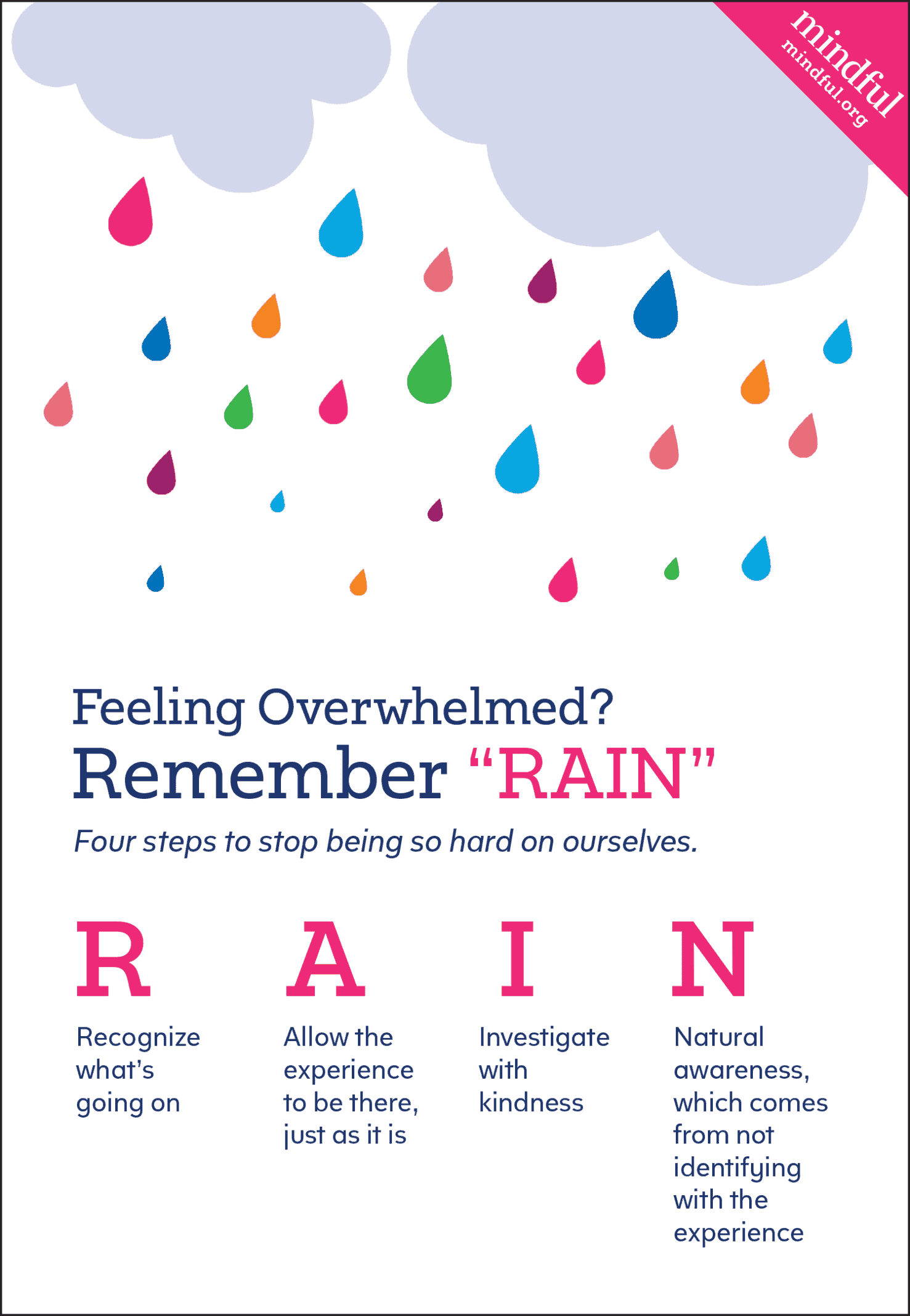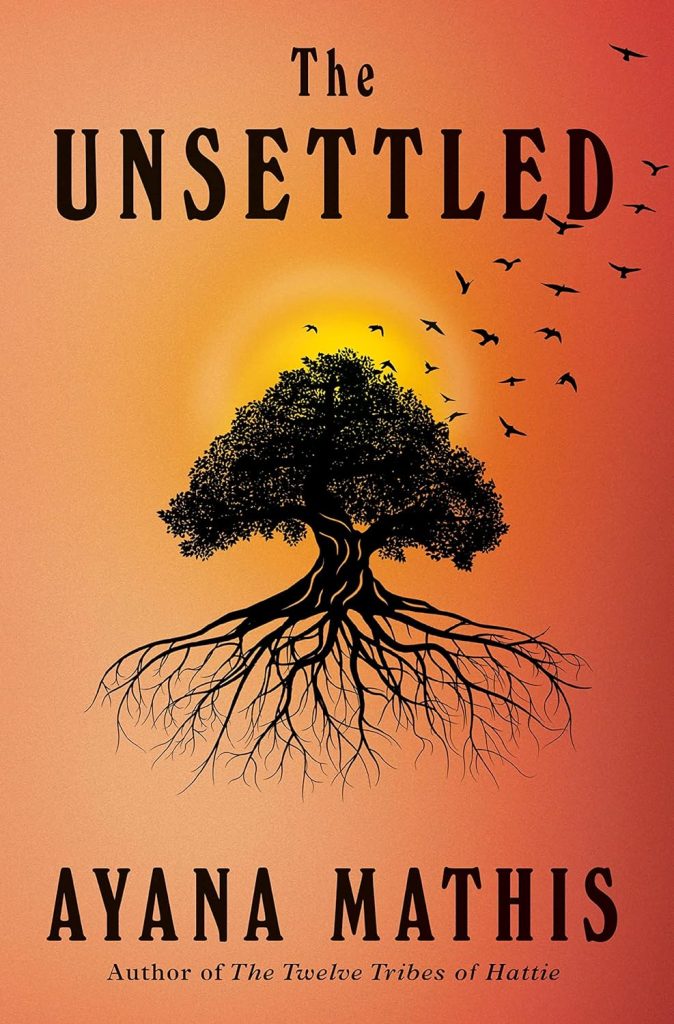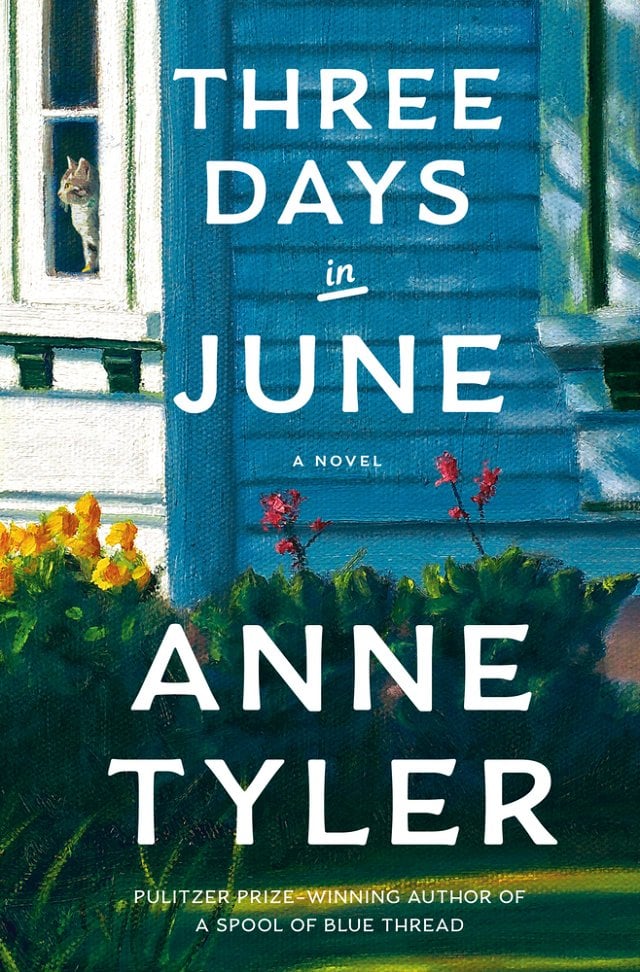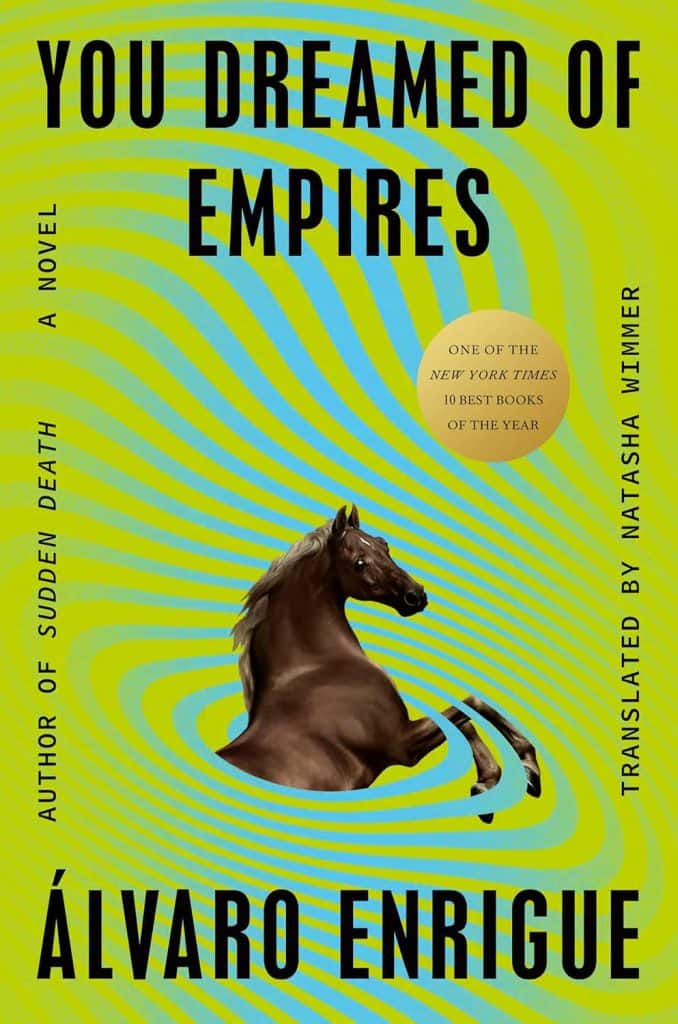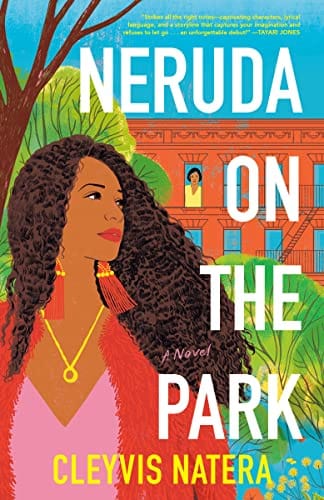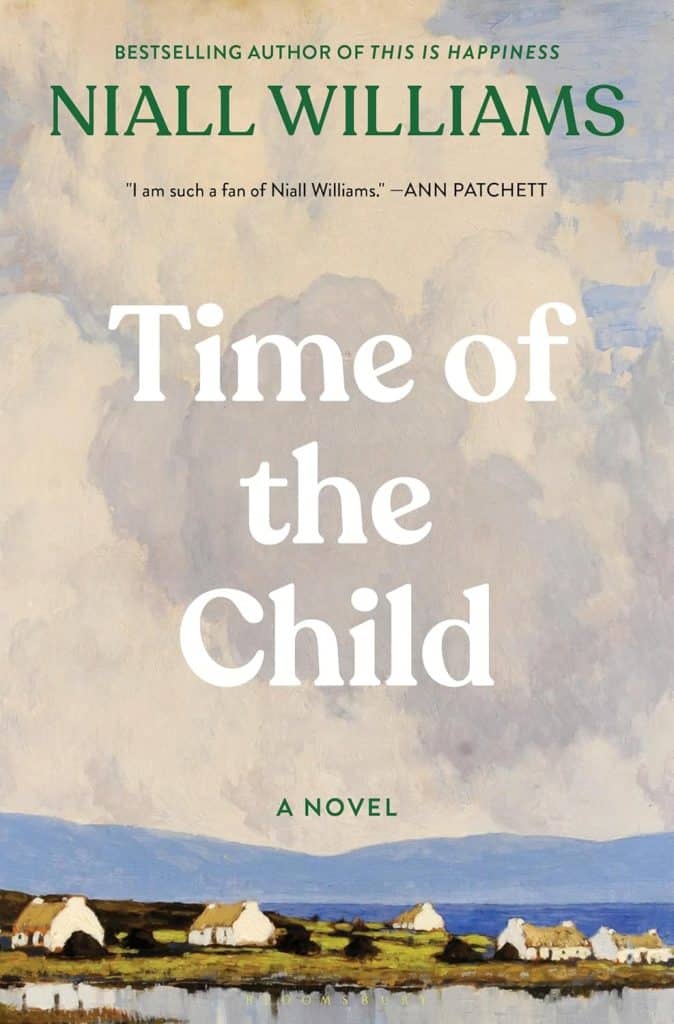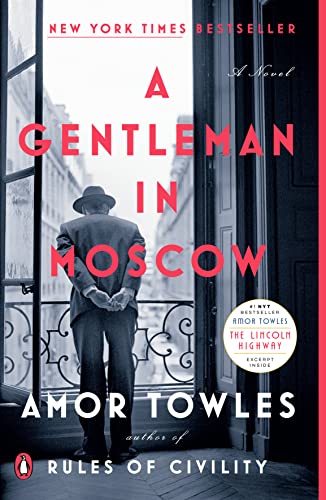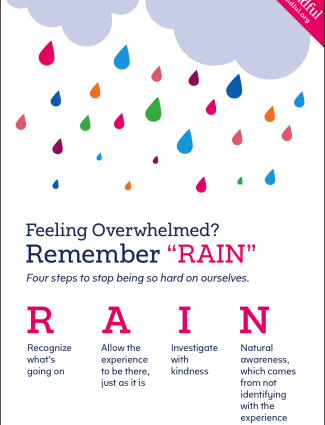
Mindfulness with RAIN
Estimated reading time: 0 minutes, 42 seconds I do mindfulness meditations daily using Michele McDonald’s acronym RAIN‘s four steps:
I do mindfulness meditations daily using Michele McDonald’s acronym RAIN‘s four steps:
- Recognize what is going on
- Allow the experience to be there, just as it is
- Investigate with kindness
- Natural awareness comes from not identifying with the experience.
I have learned to recognize and accept that Jan is only with me in spirit.
Acceptance was not easy, but it was necessary to experience my life entirely.
When I investigate with kindness, I am reminded how transformative Jan’s love was and continues to be.
Natural loving awareness helped me understand that our love will never end.
When you buy a book or product using a link on this page, I receive a commission. Thank you for supporting Sharing Jan’s Love blog.


